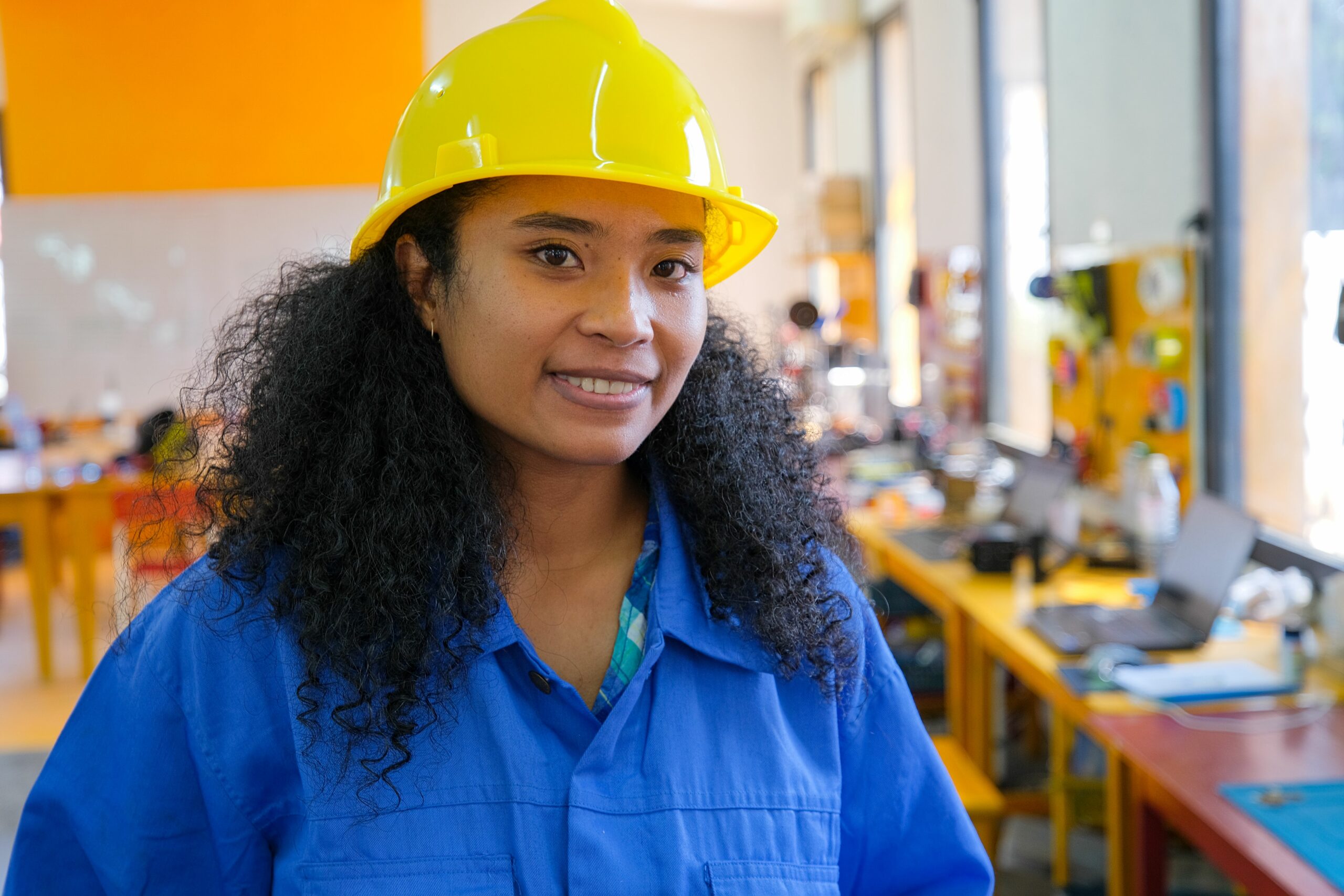Sustainable, clean and affordable energy for all is crucial in tackling climate change, reducing emissions, enabling better lives, and addressing global inequality and injustice. However, a global skills shortage is impeding universal access to energy.
According to the World Economic Forum, a lack of skilled workers is the number one factor holding back the energy transition across Asia, Africa and Latin America. Global investment in wider access to clean energy could create millions of jobs this decade, with each new job in the sector supporting five more outside it. But only if potential employees have the skills needed.
Our new study closely examines the skills gaps in the energy access sector. We explore the reasons behind it, how today’s innovation can tackle it, and how skills development will boost entrepreneurialism in the sector. This report, commissioned by the European Climate Foundation, is based on interviews with nearly 40 organisations working at the intersection of decentralised clean energy, livelihoods, and skills and training.
Conclusions
Our key finding is the need to enhance skills across the entire energy access ecosystem. A combination of enabling policies and new, targeted financing is needed to drive large-scale skills development.
Those in need of capacity building include policymakers and financiers, so they have the skills to boost the growth of the sector, as well as organisations implementing clean energy solutions directly. Examples of how this can be done include the work of India’s Bharatiya Vikas Trust. The organisation upskills bank staff and managers, giving them the knowledge and confidence to lend to renewable energy enterprises.
For frontline innovators delivering energy access, formalised institutional support can be highly beneficial. This may include standardised industry-aligned curricula, accreditation and recruitment channels. But there is great need for more informal and decentralised access to training and jobs, to ensure that people from rural and marginalised communities, especially women, can access opportunities.
This is also of strategic importance because these communities know most about, and are physically closest to, areas of greatest need – and so are ideally placed to form the workforce driving change. Examples of those enabling their inclusion include Zimbabwe’s Zonful Enterprises. The company has developed a mobile app through which a diverse range of trained workers can connect with job opportunities across the country’s rural provinces.
To ensure the energy transition creates as much well-paid and inclusive work as possible, it’s vital to help people enjoying new energy connections use them to make a better living. This will create the local demand that makes expanding mini-grid and off-grid access financially viable. Supporting people to run productive businesses is essential to making energy access economically viable, and should go hand-in hand with energy planning and roll-out. In addition to skills support, potential entrepreneurs need help with areas such as finance and access to markets. For example, EnerGrow in Uganda is rolling out productive micro-business training for users of decentralised renewable energy, in partnership with the Food and Agriculture Organization’s extensive farmer field school network.
Action on skills is crucial, and including removing the burden of training from enterprises will certainly spur entrepreneurial activity. But measures will only be truly effective if complemented by action in other areas – such as support for inventory buying and end-user finance, help for innovators to grow their company, and clarity on tax and regulatory affairs. Together, these will allow clean energy enterprises to thrive and bring the world closer to achieving SDG7.

